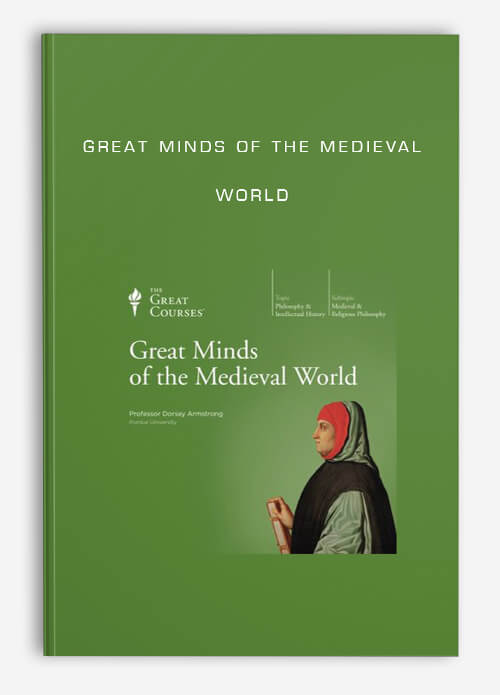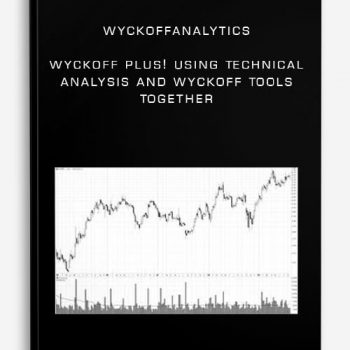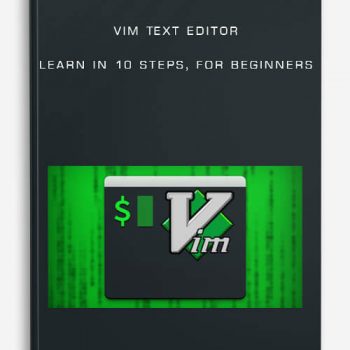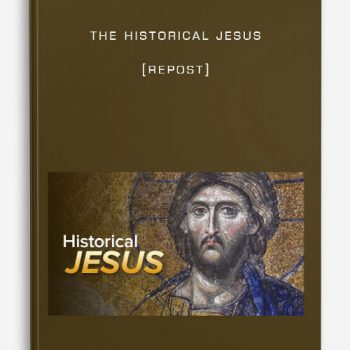
Great Minds of the Medieval World
Description:
The medieval era was a watershed in Western history. This was a time of extraordinary advances in numerous fields of knowledge ranging from philosophy and theology to science, medicine, literature, and economics—as well as of revolutionary developments in education and the birth of the university. In its effects, this fascinating epoch was not only a time of great innovation, it was the era in which the seeds of the modern West were sown.
The unique legacy of the Middle Ages appears most clearly in the lives of its intellectual giants. Between the 4th and 15th centuries, the European and Mediterranean worlds produced an astonishing spectrum of visionary thinkers who shaped the culture of their times and profoundly influenced subsequent eras, leaving their mark on history in ways that reverberate to the present day.
In this seminal period, towering figures such as Augustine of Hippo, Ambrose of Milan, and Thomas Aquinas worked to integrate the Greek philosophical tradition and the Christian theological tradition, forming a platform of thought and knowledge from which the modern Western world would take shape.
Medieval innovation also developed through a great cross-fertilization of thinking, involving the work of remarkable minds such as
Anicius Boethius, the Roman politician and philosopher whose work established a template of academic education that endures in the modern world;
Alhacen, the Islamic scholar who pioneered core theories of optics and is considered the father of scientific methodology;
Maimonides, the Jewish philosopher and jurist whose writings remain a core element of Jewish law and culture; and
Alfred the Great of England, a monarch who sought to better his world by spearheading an ambitious educational program of preserving and translating important texts.
Lectures:
1. Augustine of Hippo
2. Ambrose, Jerome, and Gregory the Great
3. Boethius and the Consolation of Philosophy
4. Isidore of Seville and the Etymologies
5. The Venerable Bede
6. Alcuin, Charlemagne, and Alfred the Great
7. Avicenna and the Golden Age of Islam
8. Alhacen and the Scientific Method
9. Averroes and Aristotelian Philosophy
10. Maimonides and Jewish Law
11. Rashi and Biblical Interpretation
12. Saladin and the Defeat of the Crusaders
13. Hildegard of Bingen
14. Bernard of Clairvaux
15. Abelard and Héloïse
16. Peter Lombard and the Sentences
17. Thomas Aquinas
18. William of Ockham and John Duns Scotus
19. Geoffrey Chaucer and Dante Alighieri
20. Francesco Petrarch
21. Lorenzo de’ Medici
22. Christine de Pisan
23. Sir Thomas Malory and Le Morte Darthur
24. William Caxton and the Birth of Printing













tristian –
This is Digital Download service, the course is available at Coursecui.com and Email download delivery